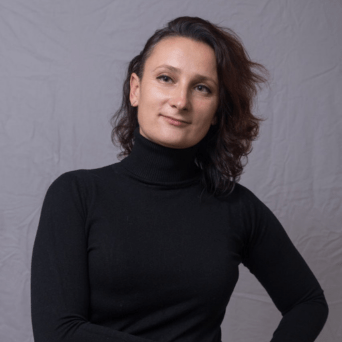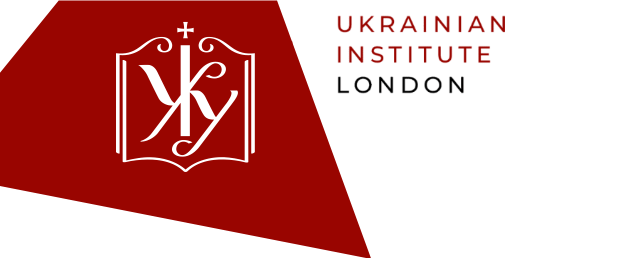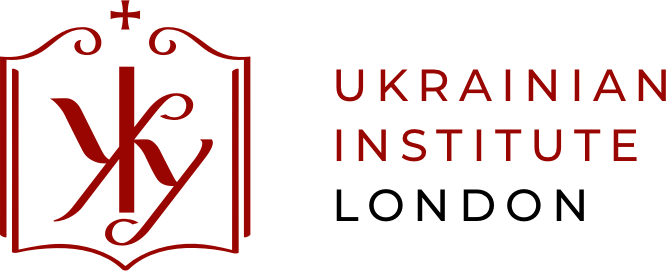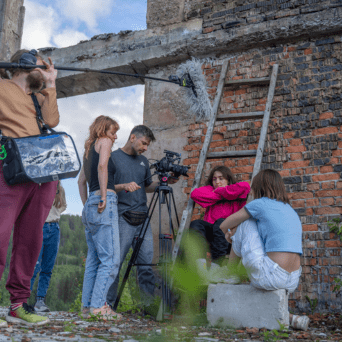Speaker
Veronika Sheldahaieva
Veronika Sheldahaieva is a 16-year-old who lived in occupied Kherson with her parents and grandmother for 7 months. Without means to reach out to her relatives during blackouts and afraid to go to the shops for groceries, she feared the Russians could abduct and deport her. After passing through Russian shelling, Veronika and her family eventually escaped occupation.

Speaker
Kateryna Ryabiko
In 2023, Kateryna Ryabiko joined OPORA in Poland Foundation as Adviser on development and strategies and is a Board Member of the Agency for Legislative Initiatives. Until recently, Kateryna Ryabiko was the First Deputy Director of the Office for Democratic Institutions and Human Rights (ODIHR) of the OSCE. She is a co-founder of a group of companies promoting Ukrainian innovations and the concept of ‘diplomacy through technology’. She also has worked at USAID, Freedom House, the National Democratic Institute of International Affairs, and other public and private organisations. Kateryna Ryabiko was honoured with a USAID award for outstanding achievements in promoting democratic development in Ukraine and leadership in directing the US government’s democracy assistance.
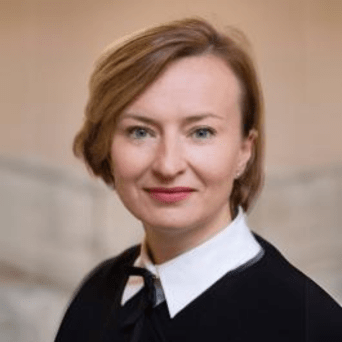
Speaker
Olga Aivazovska
Olga Aivazovska is a Ukrainian civil society and democracy champion. As the Board Chair of OPORA in Poland, she is deeply engaged in strengthening democracy, good governance, and elections—particularly with OPORA being Ukraine’s premier domestic election observation network and democracy think tank. She is also a co-founder of the International Center for Ukrainian Victory and Center for Assisting War Crimes Documentation (Warsaw). Olga Aivazovska aided negotiations on the Ukrainian side in the Trilateral Contact Group on the settlement of the military conflict in Donbas from 2016 to 2018. She travels and advocates throughout the world on behalf of Ukraine and was recognised by Focus Magazine and NV as one of the 100 most influential women of Ukraine 2014–2021. Olga Aivazovska is an alumna of the Draper Hills Summer Fellowship on Democracy and Development Program at Stanford and the Ukrainian School of Political Studies.
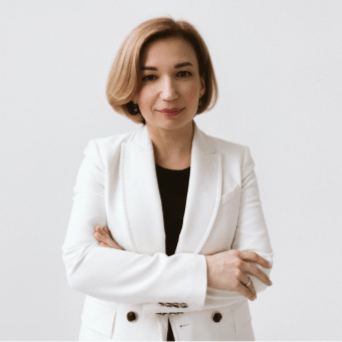
Speaker
Iryna Shvets
Iryna Shvets is the director at OPORA Lviv, and a Board Member and Project Manager at the Civil Network OPORA. She is responsible for planning and conducting local election observation and monitoring campaigns, especially designing blended-learning educational and communication strategies. In addition to observation missions, Iryna Shvets is involved in watchdog activities aiming to improve the level of transparency, openness, and accountability of government bodies. She is also a professional trainer, and an expert in adult learning and capacity building for CSOs. Because of Russia’s invasion of Ukraine, Iryna Shvets is now working part-time in Warsaw where she helps run the Center for Assisting War Crimes Documentation.
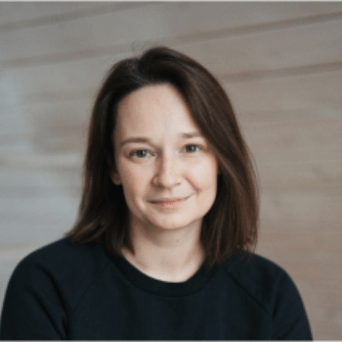
Speaker
Olga Tymchenko
Olga Tymchenko is a Board member and communications director of the Voices of Children Charitable Foundation. She is an expert in strategic communications and human rights social advertising.
